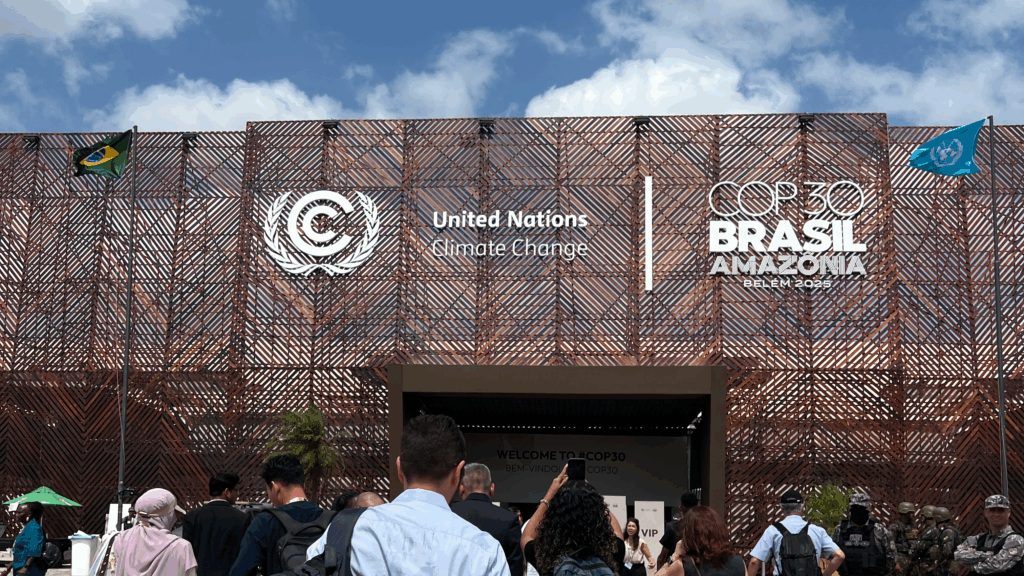
Good farming practices to save river Kagera from silting
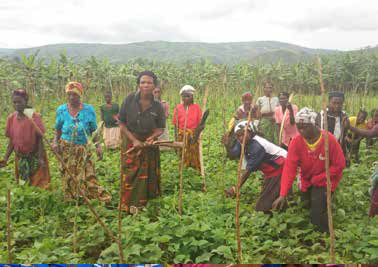
Description of the project:
The Kagera river, a tributary of the Nile, is being threatened by silting due to unsustainable farming methods. Its river basin is a very rich agricultural ground supporting 16.5 million people in Burundi, Rwanda, Tanzania and Uganda. The project aims to improve and modernize current farming methods, in order to improve food security and ensure resilient livelihoods for people and animals living in this area. Groups of 50 new beneficiaries are trained every month on farming methods, followed by a tree-planting scheme by the river. Structures for a warehouse and a community hall are being established by the beneficiaries.
Climate impact:
Revitalizing the river and its surrounding areas is key to ensure sustainable livelihoods for the fauna and communities who depend on it for their survival. The new farming methods, the creation of tree nurseries, as well as the creative ways in which plastic and organic wastes are being recycled and reused, tackle this challenge with a holistic approach. In addition, every participating household is given a rain harvest water tank to reduce water consumption from the river.
Gender impact:
80% of the farmers in the Kagera basin are women due to male migration. Refugees make up a third of targeted beneficiaries. Increasing food security has cut down early marriages and domestic violence, often prompted by famine. In addition to capacity building on resilient farming, 300 women and girls have been trained in craft-making, recycling plastic and paper waste with other products to make jewelry, baskets, and mats generating new income. A saving groups scheme has helped women and girls access financial autonomy, but also sexual and reproductive health care.
Scalability/replicability:
Using easily replicable structures (i.e., a committee for collective decisions), methods and tools, with locally sourced raw materials, this project can be scaled up all along the Kagera river basin stretching from Burundi, Rwanda, Tanzania and Uganda. Its holistic approach, addressing food security, access to clean water, waste management and poverty reduction, with safe and sustainable solutions, could also be applied to other river basins in the world.
read the latest from our network
We work across regions and movements in deep solidarity. Together, we’re building collective advocacy to global problems.


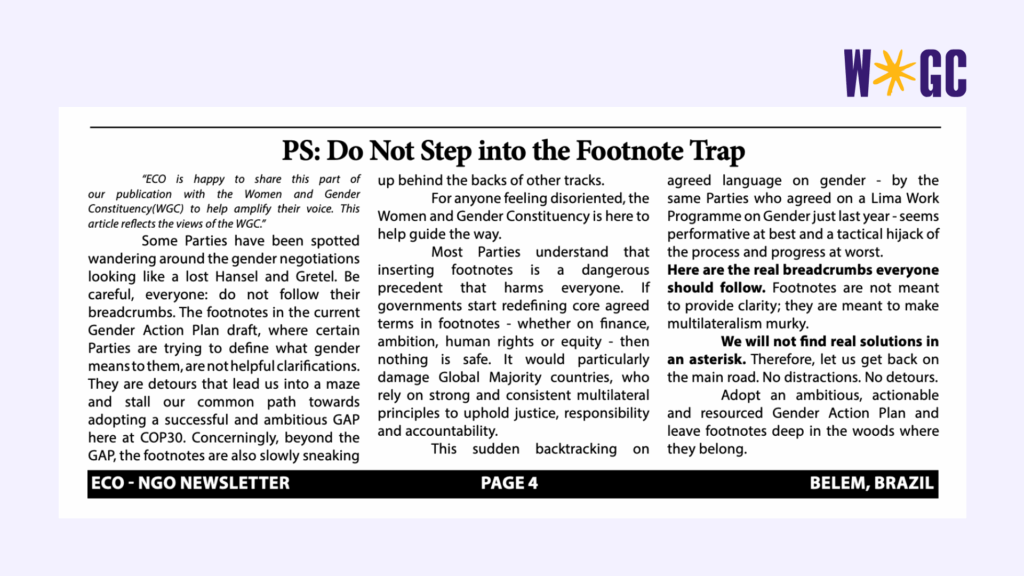
PS: Do Not Step into the Footnote Trap
19/11/2025
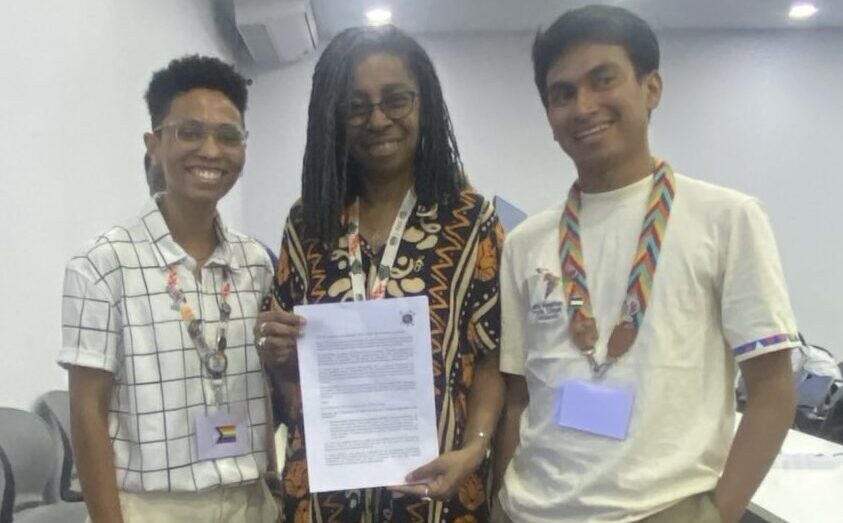
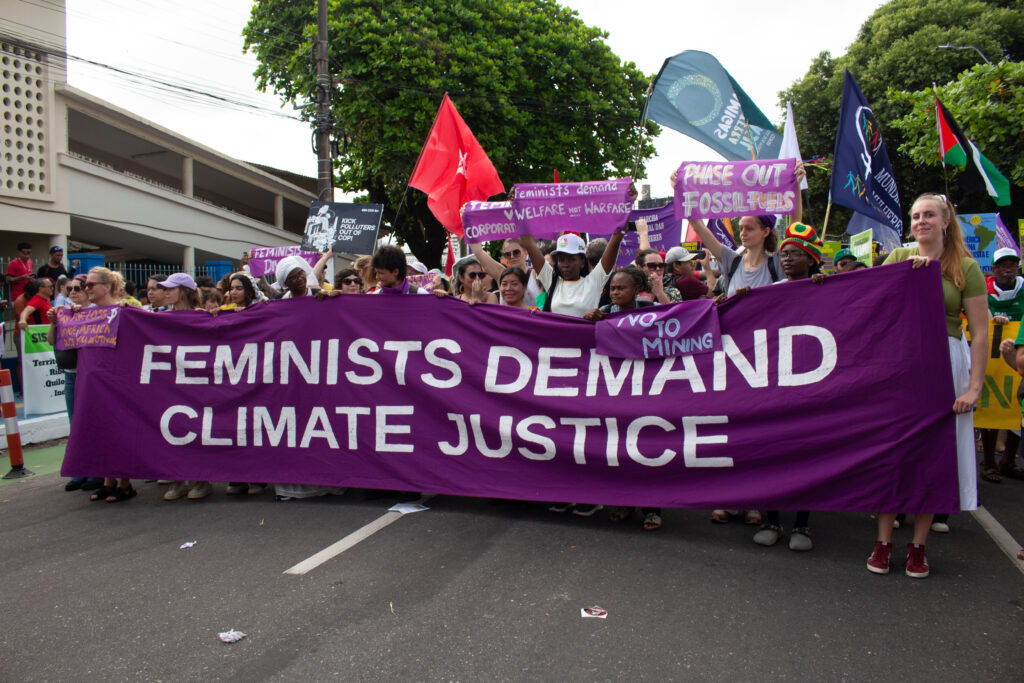
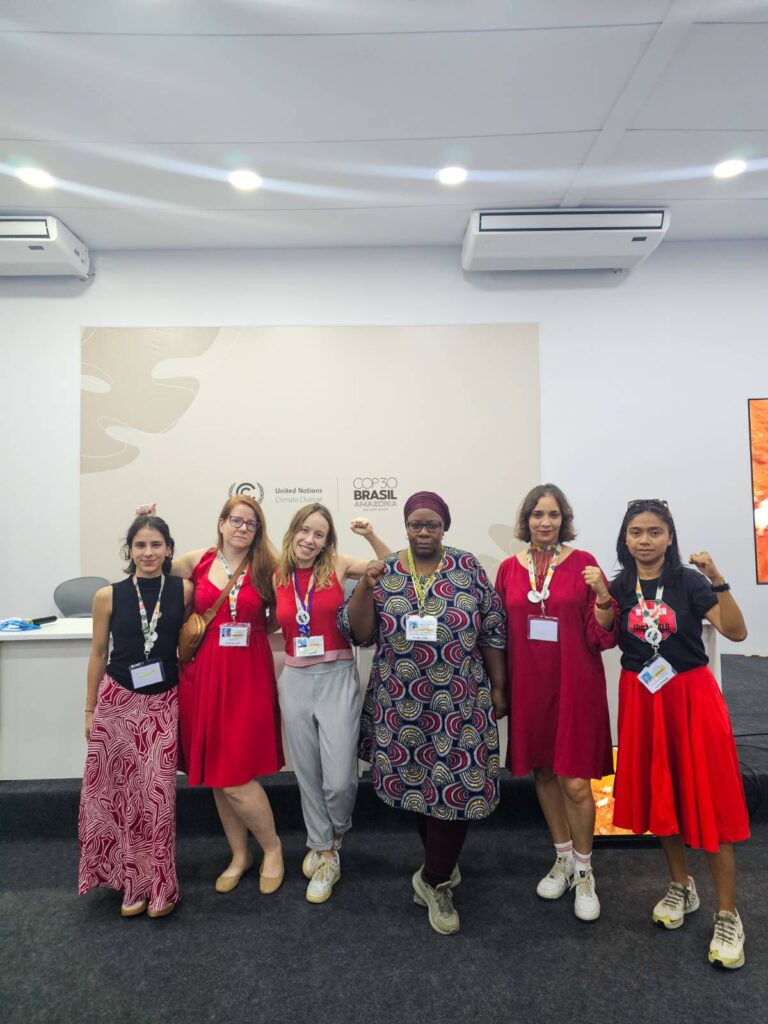

Gender Just Climate Action requires truth
12/11/2025

Nov 11 Action Alert: Gender Justice Day
10/11/2025


